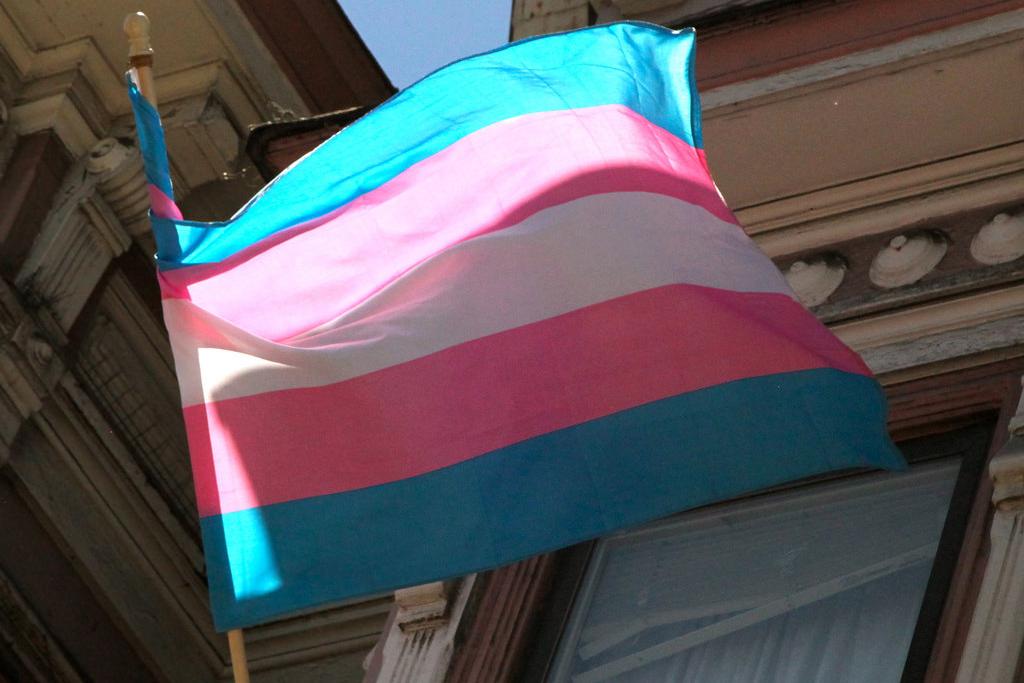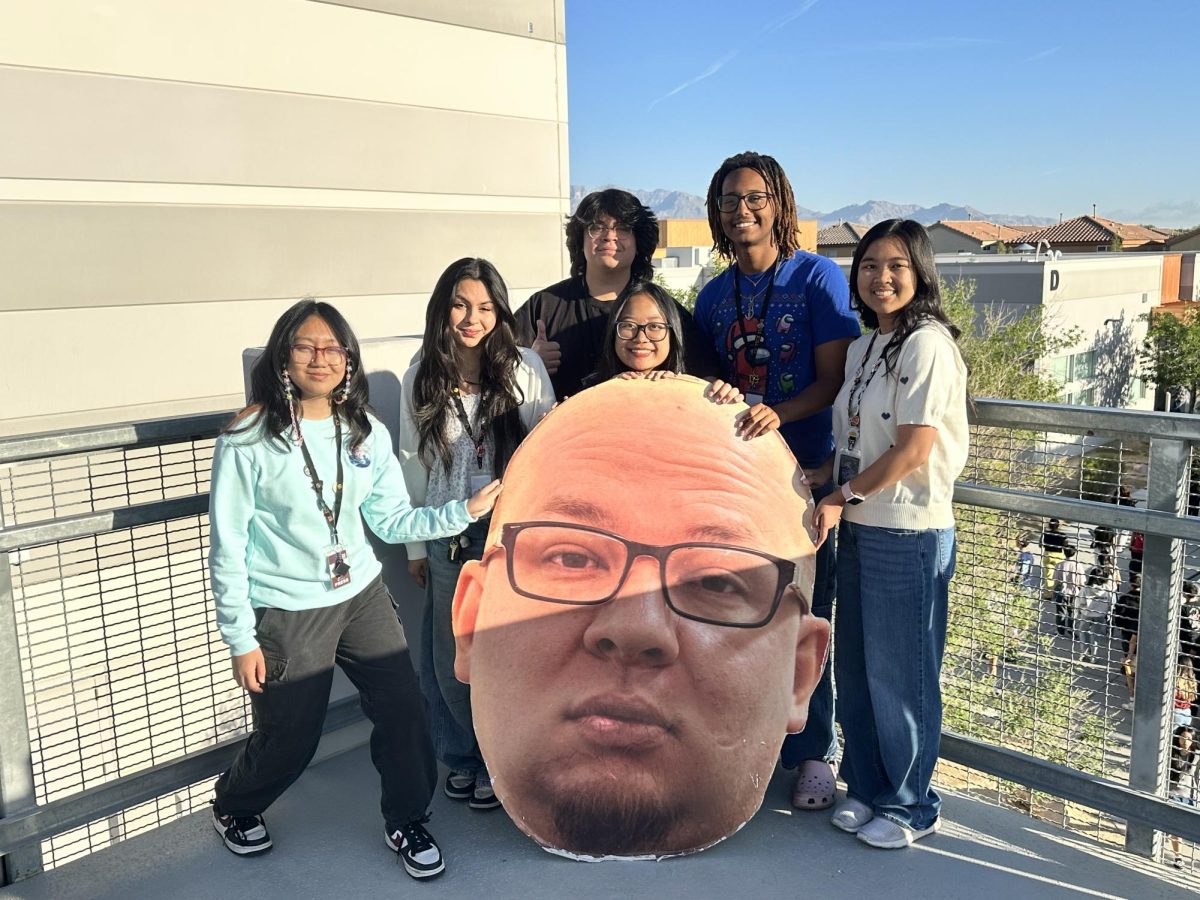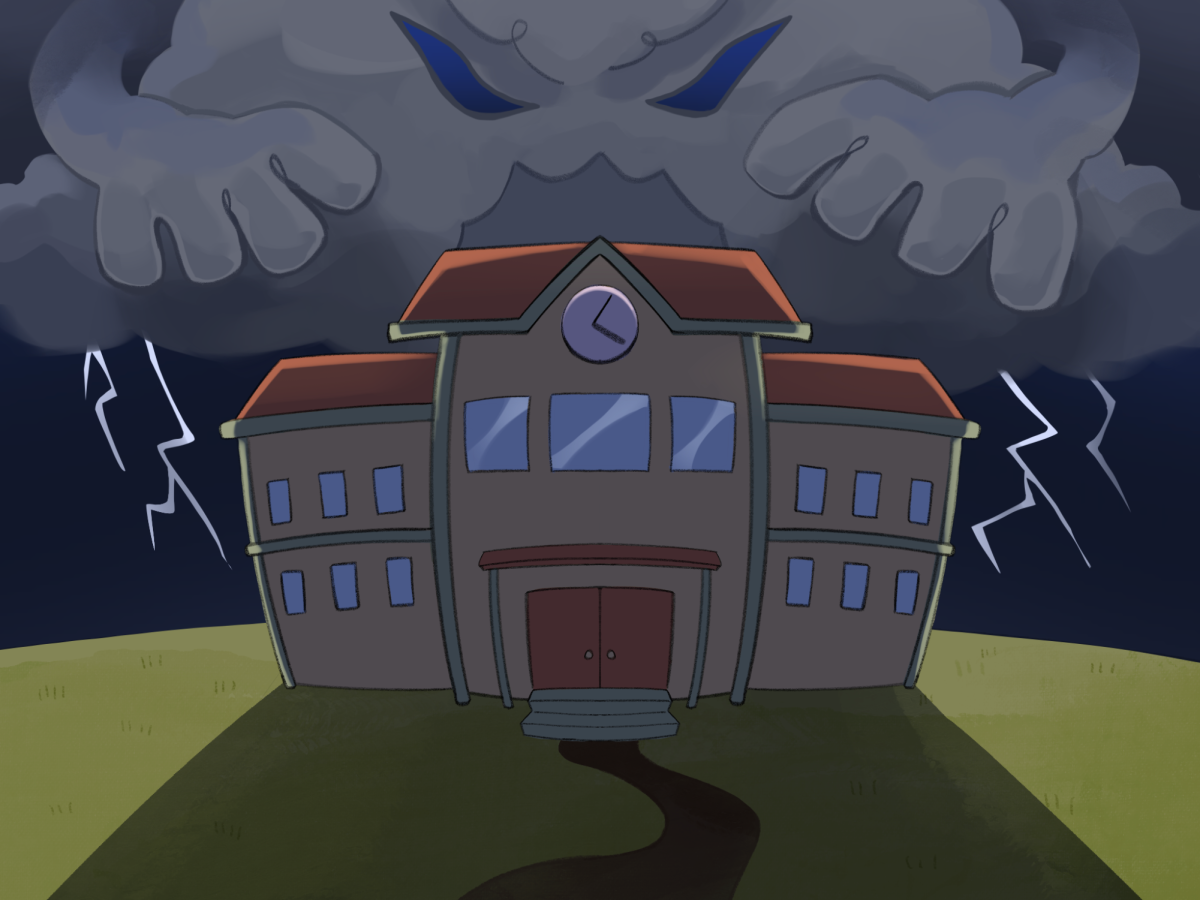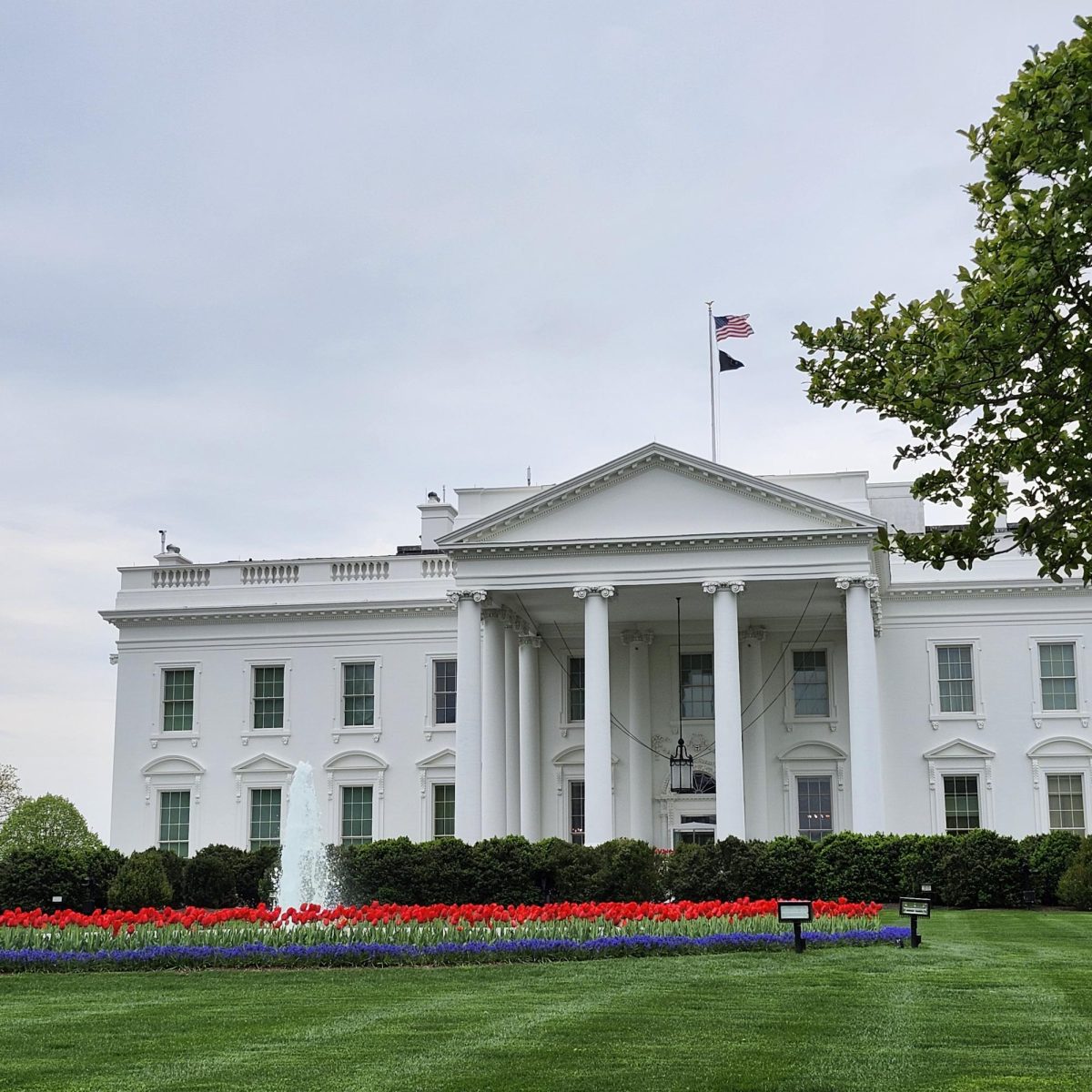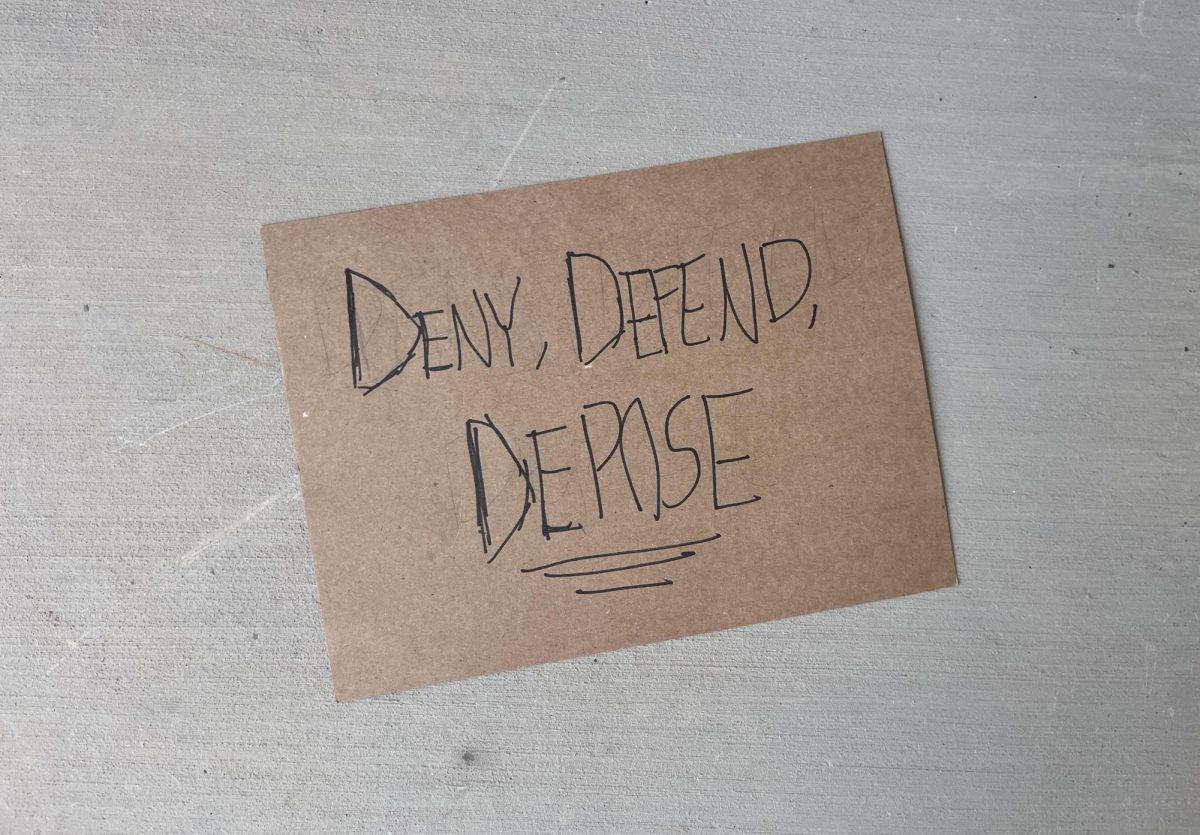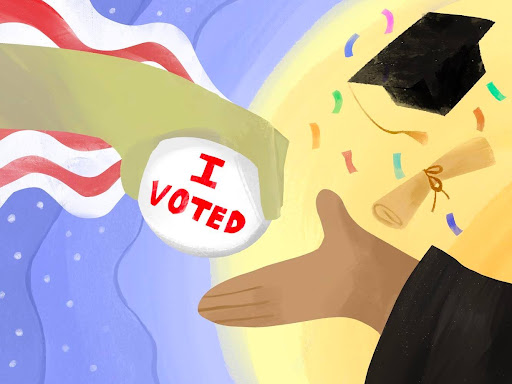If one identifies with the gender they were assigned at birth, chances are they have no idea what gender dysphoria feels like. Following bathroom signs is a no-brainer. Being addressed as a certain pronoun is most likely not a fear. When they see themselves in the mirror, they probably don’t disassociate with the person in their reflection. However, for gender diverse students, this is a common occurrence. Coming to terms with being transgender is difficult enough, but try dealing with the additional stresses of high school on top of that.
Transgender students also encounter issues associated with coming out and transitioning. Juggling mental and physical conflicts, having a reliable support system at school is vital. However, access to positive guidance is not currently available for a number of students across the district, and we believe it’s a student’s right to have such access.
Daniel Kruger, a transgender student in Clark County School District, spoke about his experiences with the Las Vegas Review-Journal, saying his counselor told Kruger that it was his own fault that he was bullied for coming out. Instead of creating an atmosphere for all students to feel comfortable, faculty members, like Kruger’s counselor, alienate transgender students from the help they need.
Although a bullying policy already exists to ensure student safety, it is not specific enough to properly accommodate cases surrounding gender. Without a definitive protocol for these issues, the fate of the situation depends on the bias of the school’s faculty and administration.
To combat these problems, Trustee Carolyn Edwards proposed the idea of creating a formal policy regarding gender-diversity among students. This policy would require employee training on how to respond to gender-related issues that go beyond the bathroom controversy.
“One problem I face on a daily basis is using the bathrooms. I’m legally allowed the use the men’s restroom and that’s where I feel most comfortable in, but with other students just not being aware, it’s just weird,” senior Logan Grayson said.” I’ve had people stare at me in the restroom before because they just thought I was a girl in the boys bathroom. I think there needs to be more awareness that transgender students do exist and they know which bathroom they should be in.”
Last month, the School Board of Trustees voted to create a working group dedicated to organizing community meetings for public input on what should be included in the policy. The school board hopes to begin meetings by the first week of October, intending to host a conference in each trustees’ district.
Although the policy has yet to be drafted, the Nevada Department of Education has supplied the school board with a guidance document to give them an idea of what to include. Inspiration is also being drawn from Washoe County’s policy 9210 about diversity and the National School Board Association’s transgender guide.
Prior to this proposal, gender-related issues situations were handled on a case-by-case basis by the district’s Equity and Diversity Education Department and Gender Justice of Nevada. Since August of 2016, 120 gender-diverse students have been assisted, but if this policy is passed, an even larger number of students can be given proper help.
While it may not seem like a big deal to the masses, being referred to by certain pronouns or a different name can be critical to a transgender individual’s mental health. Knowing that their identity is valid provides a much-needed reassurance. According to a study in the Journal of Adolescent Health, transgender youth are two to three times more likely to suffer from depression and anxiety disorders as well as attempt suicide or self-harm.
This policy may not solve all problems right off the bat, but recognizing the flaws in CCSD’s current set of procedures will allow further progress in the future. Gender-diverse students should not feel compelled to transfer schools on a regular basis or switch to homeschooling because of uncomfortable experiences with faculty members and peers.
“[Our] teachers and staff have been super understanding with my situation [for the most part],” senior Ky Elder said. “They have used my correct names and pronouns as best they can, but every now and then they slip up. It may not be huge to the teacher or administrator, but it sticks out like a sore thumb to me. Hearing my forgotten name or wrong pronouns sticks to me throughout the day sometimes.”
Even though the proposal has yet to be finalized, faculty and administration can still aide transgender students by listening to their experiences and considering their preferences. Instead of immediately deeming their identity as a “lifestyle choice,” keep an open mind and provide support as one would with any other personal problem. At the end of the day, gender-diverse students just want to be treated with the same respect as their peers.
[poller_master poll_id=”270″ extra_class=””]
